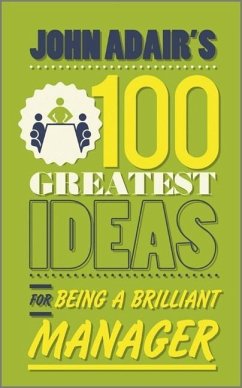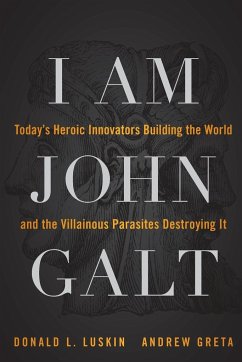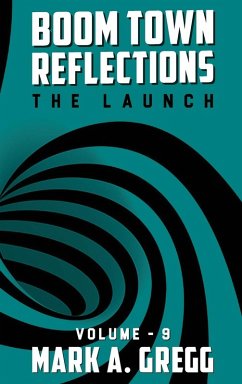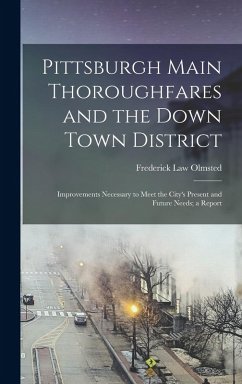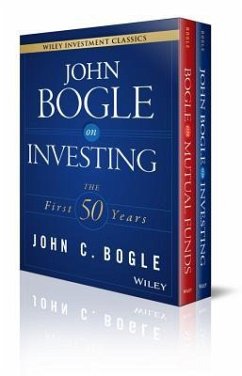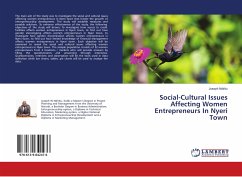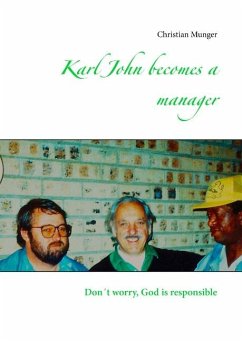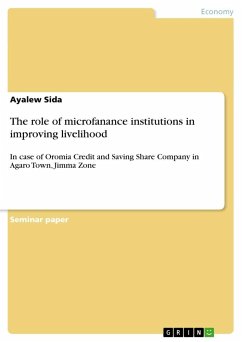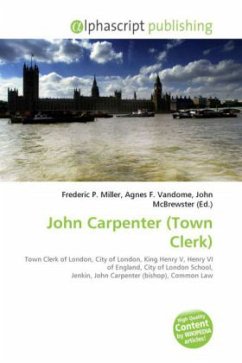
John Carpenter (Town Clerk)
Versandkostenfrei!
Versandfertig in 6-10 Tagen
22,99 €
inkl. MwSt.

PAYBACK Punkte
11 °P sammeln!
Please note that the content of this book primarily consists of articles available from Wikipedia or other free sources online. John Carpenter, the younger, (abt. 1372 1442), was the noted Town Clerk of London. He was elected as Town Clerk to the city of London during the reigns of King Henry V & King Henry VI. He was the author of the first book of English Common Law called "Liber Albus" (the White Book). He was a member of the English Parliament from London in 1425. He is also recognized as the founder of the City of London School for boys. He resided in the Parish of St. Peter, Cornhill, Lo...
Please note that the content of this book primarily consists of articles available from Wikipedia or other free sources online. John Carpenter, the younger, (abt. 1372 1442), was the noted Town Clerk of London. He was elected as Town Clerk to the city of London during the reigns of King Henry V & King Henry VI. He was the author of the first book of English Common Law called "Liber Albus" (the White Book). He was a member of the English Parliament from London in 1425. He is also recognized as the founder of the City of London School for boys. He resided in the Parish of St. Peter, Cornhill, London, England and was buried in the Abbey of St. Peter, Westminster, Middlesex, England, where his wife Katherine was later interred. He is frequently distinguished in historical documents as "John Carpenter, the younger," "John Carpenter, Junior," and as "John Carpenter, Jenkin." Jenkin or Jenken is a diminutive of the name John. John Carpenter was one of three historical John Carpenters who were prominent during the 1400s. Both are mentioned in John Carpenter''s 1442 will. One was his brother, John Carpenter, the elder, who received much property from his younger brother.




